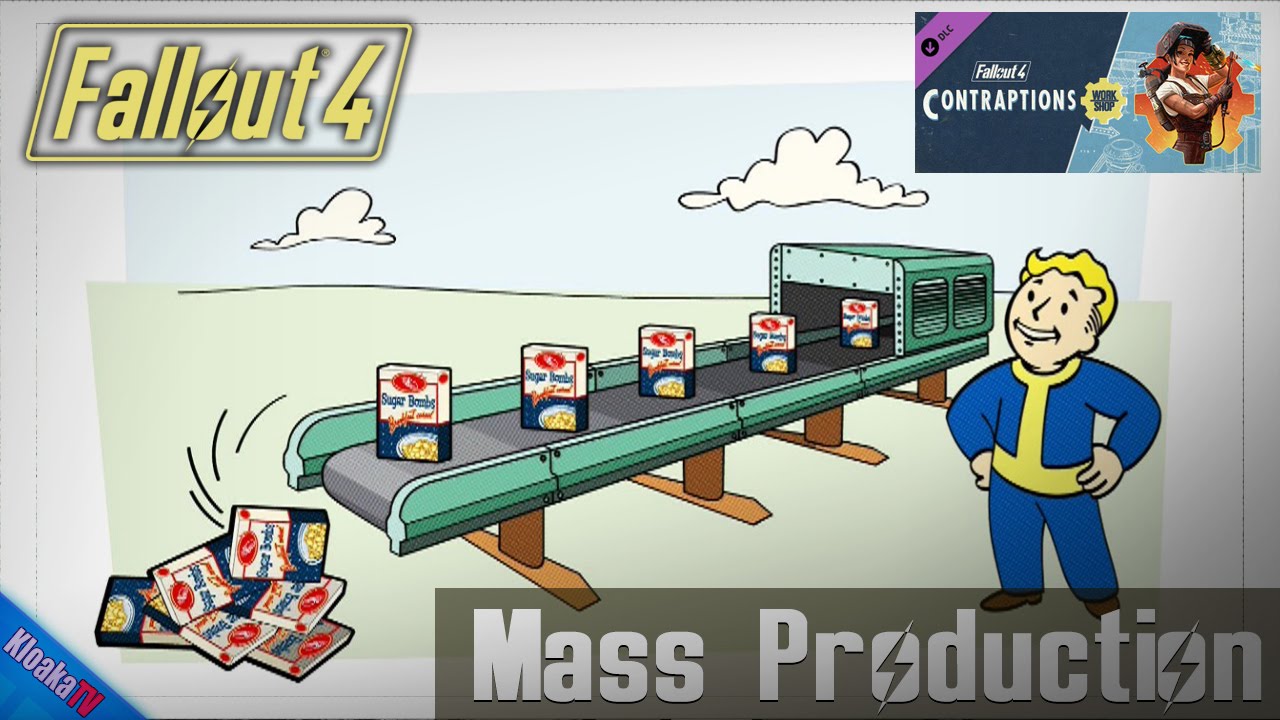It’s something I’ve felt, and undoubtedly something other people have felt. Things seem… cheaper. With regards to price, perhaps, but certainly with regards to quality. I can point out a myriad of examples, but I’d like to highlight just a few. Reasonable quality fabric used to be extremely durable and well-designed. People had one, maybe two outfits centuries ago because that was largely all they needed. It is very easy, on the other hand, to dismantle even our fanciest garments, be it toying with the threading, ripping the fabric, popping buttons, or staining it with… well, anything. Outside of clothing, I’ve decided to list a few additional denigrations off the top of my head, though there are undoubtedly more:
| Not Mass-Produced | Mass-Produced | Not Mass-Produced | Mass-Produced |
| Family pastures | Slaughterhouses | Animation by hand | CPU mouth-moving |
| Vineyards | Soda factories | Innovation of iPhone | iPhoneX’s innovation |
| Lawrence of Arabia | The Rock’s Rampage | Honey and sugar | High fructose corn syrup |
| Family Diners | Fast food | High quality skit videos | Let’s Play: Part 29 |
| Brick cottages | Levittowns | Console video games | Microtransactions |
| Wooden bedposts | Metal wireframes | Theatergoing | Binge-watching |
| Victorian structures | Dismal skyscrapers | CNN, MSNBC, FOX TV | Daily vloggers |
| Martial arts training | Gun trigger pulling | Personal reception | Automated phones |
There’s a lot of cheaper stuff getting made.
When faced with this quality cynicism, I remind myself of Matthew 6:19: “Do not store up for yourselves treasures on earth, where moth and consuming insect destroy and where thieves break in and steal, but store up for yourselves treasures in heaven…” The great thing about many passages is that, even if they have clear meanings, they have a dozen different applications. If we treat objects like they have no value, then we don’t need to assign value to them. Because we don’t assign value to them, then they are more disposable. Because they are disposable, we can use them towards goals that matter.
John Parshall helps to visualize my argument in a secular way. In World War II, the Russians went out to research the effectiveness of their tanks on the battlefields. In combat, their tank, and in fact any tank, lasted just under two-thirds of a day. Over its lifetime, it lasted half a year. Well, why waste the good parts on something that’s statistically bound to fail, then? Use the cheaper models. The resources which otherwise would have gone to polishing could be used simply to build more tanks. As a result, the Soviets threw the metaphorical Yugo-car-tank up against, and quite literally this time, a fleet of German Porsches. When the metaphorical “accident” occurred, though, the German tanks lost more than the Russians by an order of magnitude. Apply this across tank encounters in the thousands, and the Germans seemed destined to lose World War II.
This is what I mean. The nutritional difference between a Wagyu steak and a burger is considerable but still negligible. If I personally lower my standard for food, even incrementally, I can feed myself and the person next to me, unwittingly caring for my brother. In the same way, I can clothe and house my brother, not to mention keep him entertained and well-informed.
Now, is there a place for quality? Absolutely. In things that are mass scalable, such as movies and games, it is quality that can usually provide the greatest amount of benefit. Focusing them to fit a target demographic often produces good results, both in terms of enjoyment and in terms of value. Similarly, when crafting something as a hobby, either for personal development or for connecting with God, enhanced skill is an admirable goal. Still, the eye should never be off the prize: God foremost, and then each other. The mind for logistics can be just as useful a tool as the heart of compassion.
God has blessed our modern industrial endeavors. Through our inventions and hard work, He has managed to cure strains of polio, end mass starvation in most places of the globe, and grow His flock, both those who know Him and those who don’t, to be counted in the billions. It is a world in which I’m truly grateful to live. While I will do my best to further His kingdom, I know that the wind is behind me. For, you see, our lovingkindness can be mass-produced.


Leave a Reply